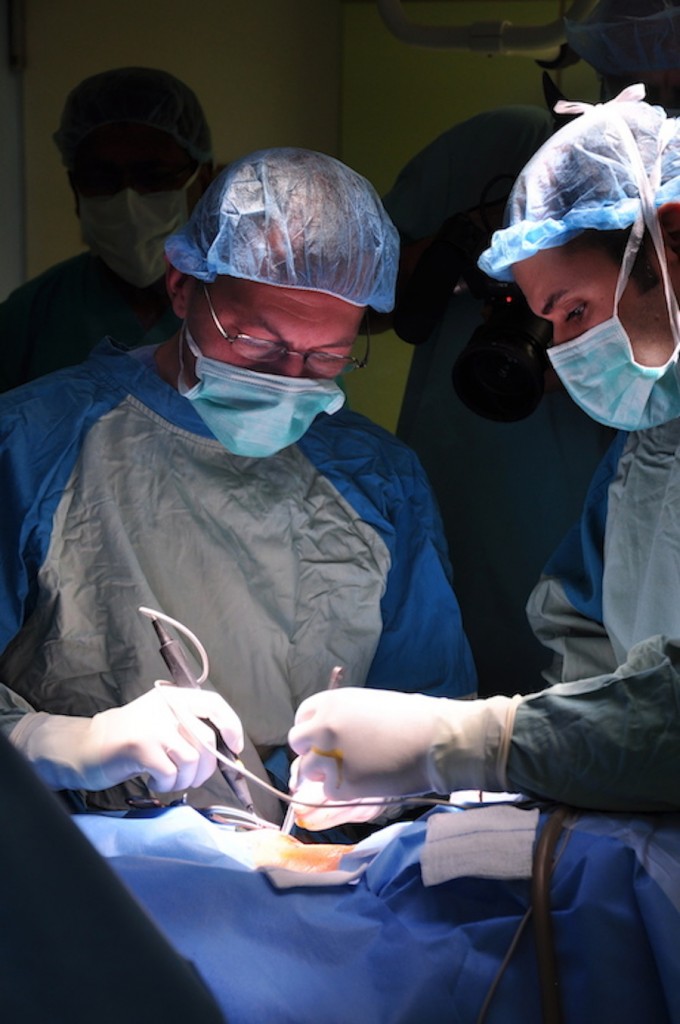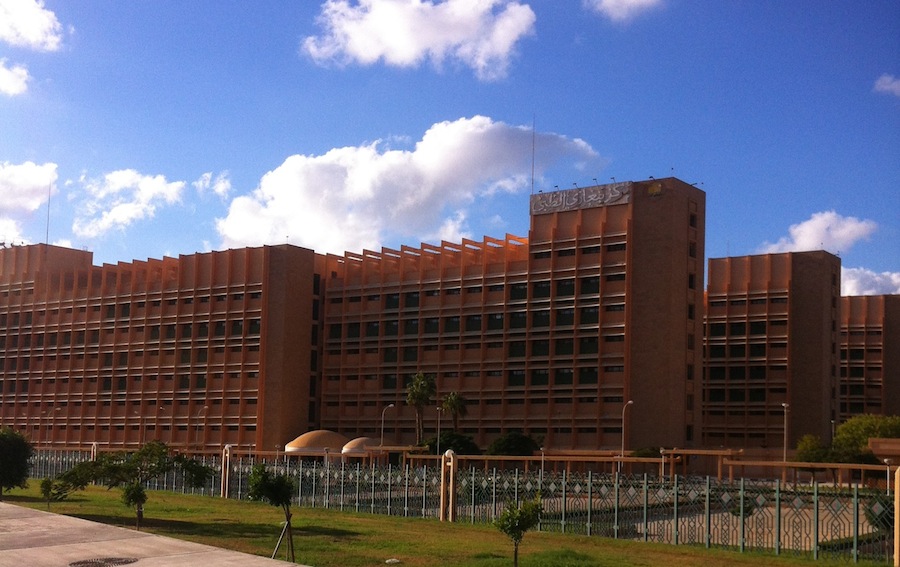By Tom Westcott.

Tripoli, 11 May 2014:
Benghazi Medical Centre (BMC) is setting up a surgical training school that will boost the future . . .[restrict]of advanced healthcare in the east of the country.
“This is a great project for Benghazi,” BMC head Fathi El-Jehani told the Libya Herald. “A surgical school on this scale would be the first of its kind in Libya and we want it to a big one that can not only train Libyan surgeons but also those from other African countries.”
The three-year project, which Jehani estimates will cost around LD 10 million per year to establish, will be funded by the Ministry of Health. Work is expected to start later this year.
The school will see the BMC’s existing facilities improved and refurbished, Jehani said. “It depends on the funding, but we will start slowly. We want to do this in stages, starting with the creation of simulation laboratories, where trainee surgeons will be able to learn and practise surgical techniques.”
The project is being led by an internationally-renowned French vascular surgeon, Jerome Cau, who has been undertaking surgery at the BMC since 2010. Despite the risks, and rejecting well-paid positions in other countries, he spent much of 2011 in Benghazi, operating on the war-wounded, and is one of the unsung heroes of the revolution.
Inspired by his experiences in Benghazi, during which time he taught his Libyan colleagues advanced surgical procedures, Cau developed the idea of the surgical school with senior BMC medical staff.
“Creating a school of excellence to train surgeons has two driving principles,” he said. “The first is to train Libyan medical professionals in advanced surgery to international standards because Libya has very few in-country specialist surgeons.”
The second, he explained, was to boost the country’s own healthcare system, not just to raise standards but to enable Libya to become more medically self-sufficient. This would reduce the number of patients who have to travel abroad for treatment. At present, this is the only option for many Libyans needing complicated surgery, and in-country training would save the government millions of pounds a year.
The surgical school would host visiting specialist surgeons from around the world who would undertake patient operations in the mornings and run training sessions in the afternoons, Cau said, adding that this would be a completely new way of teaching in Libya. “Within a few years, Libya would have its own fully-trained team, 80 percent of which would be Libyans.”
A large part of the cost of the project is paying for the new equipment. This will include surgery simulators, which are used to train medical students and surgeons without the use of cadavers or animals, and are a precursor for working on live patients.
“Simulation and robotic techniques are the way of the future and so we will need to buy new simulation equipment for the school,” Jehani said.
“With just a few machines you can train 20 to 30 surgeons, making this a cost-effective and fast training method,” Cau said. The new generation of simulators being made at the moment would allow trainees to master surgical technique as proficiently as expert surgeons, he added.
Such a project would have been impossible before the revolution, according to Jehani. The BMC – a project started in the time of the Kingdom of Libya – was closed for 36 years under the old regime, with absolutely no government investment. Since 2011, the fortunes of the BMC have completely reversed and the Ministry of Health has approved many projects, Jehani said.
Once the BMC surgical school is completed, it would set a standard that could be followed by other Libyan hospitals, Cau said. He added: “It would be great if there was not only such a medical school in Benghazi but also in Misrata and Tripoli.”









